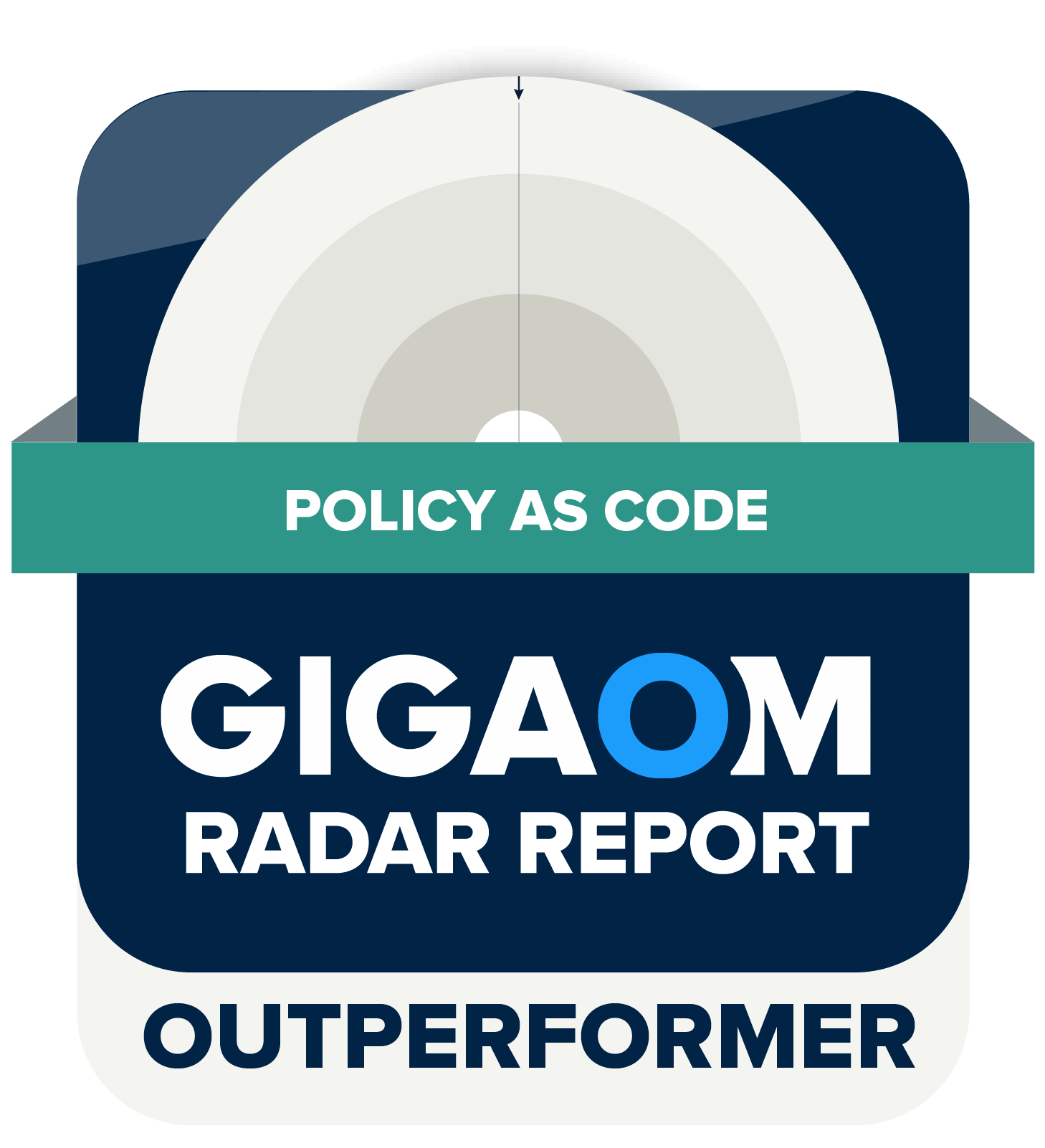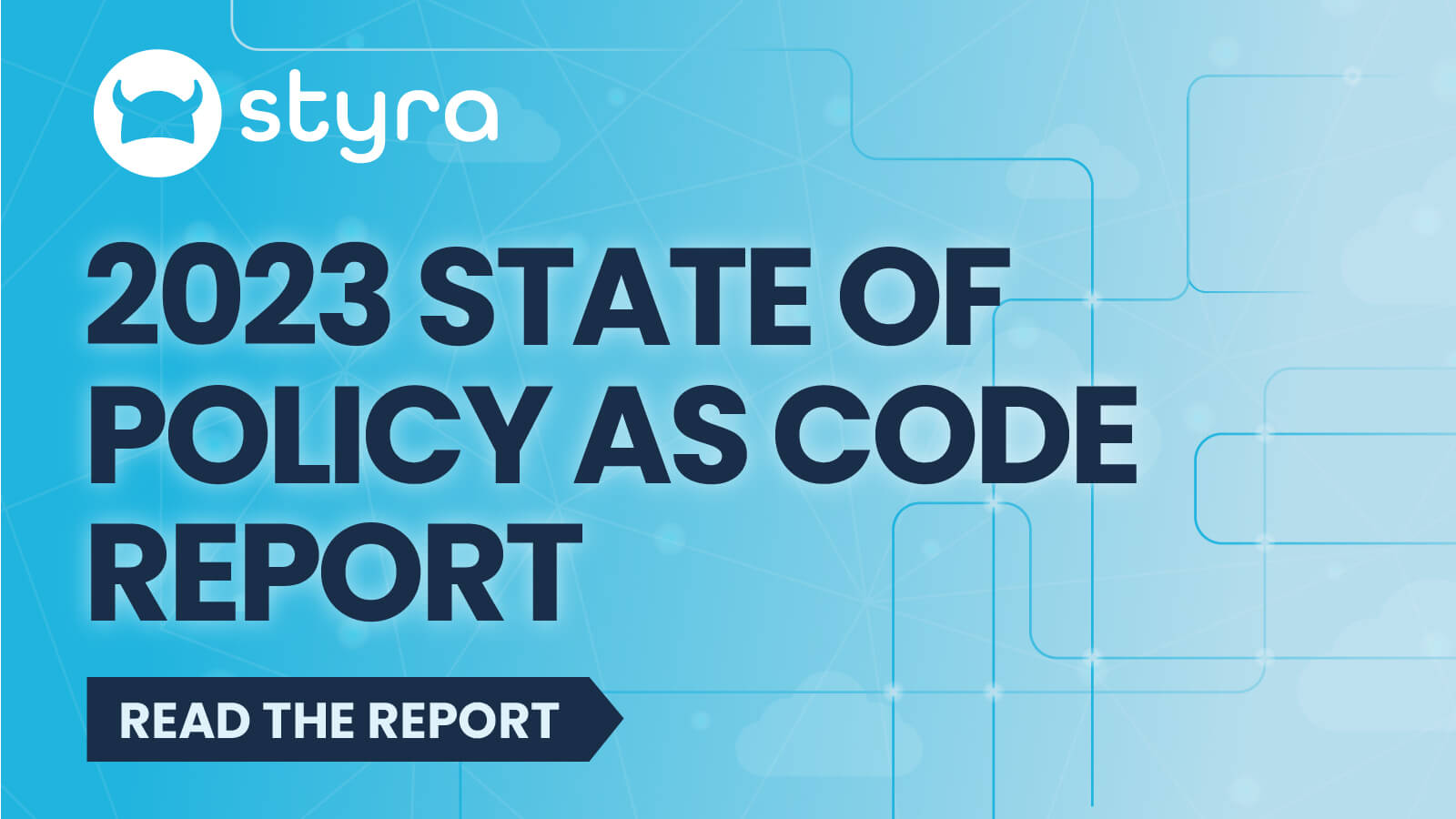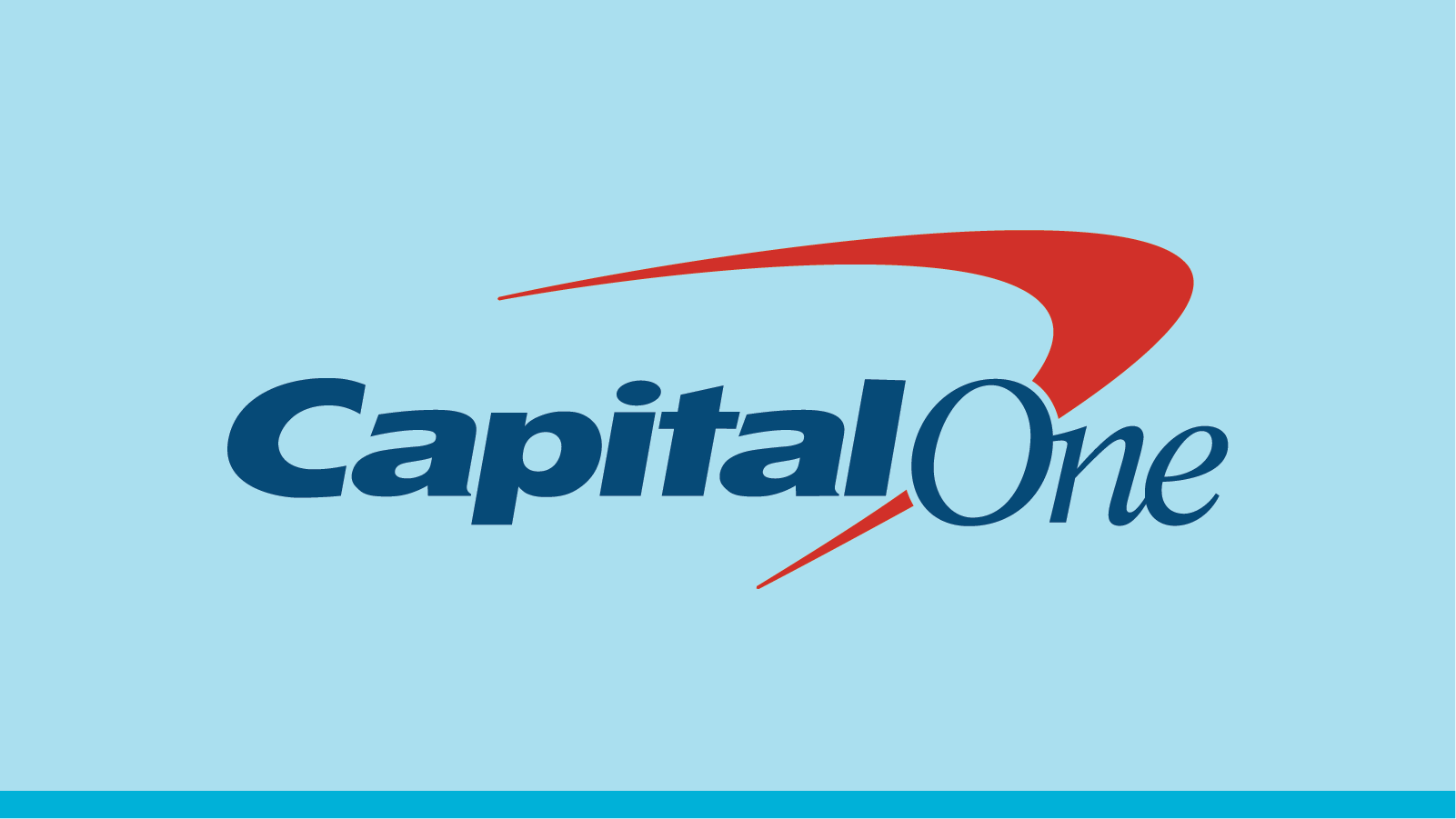News
Press Releases
Recognition
We are pretty excited about the news, a little award does a
good.

2022 Award
KuppingerCole Market Compass
Styra named Outstanding in Micro-Services Capabilities in KuppingerCole Analysts’ 2022 Policy Based Access Management Market Compass
2022 Award
INC Best Workplace
Styra ranks among the highest-scoring businesses on Inc. Magazine’s Annual List of Best Workplaces for 2022

2022 Award
GigaOm Radar for Policy-As-Code Solutions
Styra recognized as an ‘Outperformer’, highlighting the company’s role in helping redefine the policy-as-code category
2021 Award
Best Open Source Cloud Solution
Open Policy Agent, created by Styra, was named Best Open Source Cloud Solution in the Cloud Awards
Cloud native
Authorization
Entitlement Explosion Repair
Join Styra and PACLabs on April 11 for a webinar exploring how organizations are using Policy as Code for smarter Access Control.
Speak with an Engineer
Request time with our team to talk about how you can modernize your access management.


